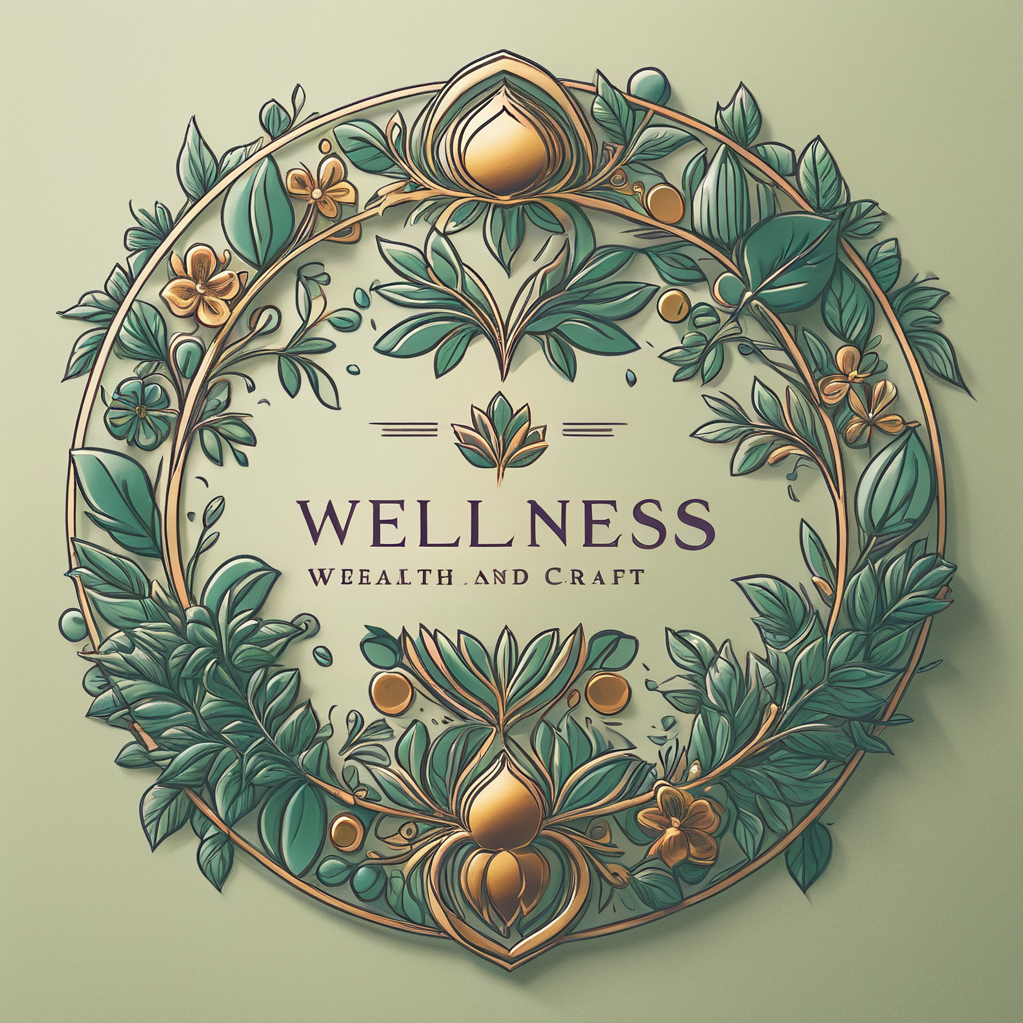“Terrifying hallucinations of hideous creatures covered in burns and boils who would threaten endless torture. Her hallucinations would sometimes be colored with religious themes and would solicit action on her part.”
This is a 2014 case study (1) of someone who lived with hallucinations as a child, teen and right into adulthood.
I think I’d be a little concerned with “would solicit action on her part.” Actually, more than a little concerned, I’d be downright terrified that my child might hurt themselves or others.
Interesting fact about this case:
The parents turned to religious leaders for help and never suspected it was a medical issue. It turns out the only exorcism they needed was to exile gluten out of their kitchen. Their daughter quickly got to 100% normalcy after a lifetime of hallucinations and voices.
A year later on follow up: still normal — no hallucinations or voices.
It throws people off track when there are no gastro symptoms. Gluten damage often expresses itself with only neurological symptoms (2), making it hard to make that connection. This was true in my own case; it was an unrelenting migraine that first had me seek out a doctor. Neither he nor I thought food issues.
What to Do:
1) Know the Symptoms (it’s not an accident that I’m referring to diseases as symptoms; the real disease is the reaction to the food and goes away when you remove the culprit)
- Depression
- brain Fog
- ADHD
- Any form of dementia
- ALL neurological issues
(there are 300 more, but due to space limits, we’ll focus on neuro).
2) Gluten and Dairy Free
We have studies showing half of people who react to gluten also react to dairy and other studies(3)(4)(5) show patients diagnosed with conditions like schizophrenia getting discharged from hospitals early and experiencing major reductions in symptoms after adopting a strictly gluten- and casein-free diet. Quality supplement stores can guide you with cleanses to speed up the process.
3) Rediscover Food
Guide your clients to embrace the lifestyle of healthier eating and not just “tolerate it.” It’s impossible to maintain if it’s not enjoyable, so make it enjoyable. There’s no lack of amazing options; it’s just a question of letting go of bad habits and rediscovering food. Not to mention, priests aren’t trained to exorcise gluten damage out of people; pure food is the only solution.
The question that keeps me up at night:
How many people are in psyche wards and on medication because their doctor didn’t know what symptoms to look out for? (Nor did their priest)
You and I:
Let’s commit to recognizing symptoms; all symptoms. Recognizing symptoms saves lives. That’s no small thing.
REFERENCES
- Stephen J. Genuis, Rebecca A. Lobo. “Gluten Sensitivity Presenting as a Neuropsychiatric Disorder”. Gastroenterol Res Pract. 2014; 293206
- Neurology, Vol. 56/No. 3, February 13, 2001
- Dohan F. C., Grasberger J. C., Lowell F. M., Johnston H. T., Jr., Arbegast A. W. (1969). Relapsed schizophrenics: more rapid improvement on a milk- and cereal-free diet. Br. J. Psychiatry 115, 595–596. 10.1192/bjp.115.522.595
- Dohan F. C., Grasberger J. C. (1973). Relapsed schizophrenics: earlier discharge from the hospital after cereal-free, milk-free diet. Am. J. Psychiatry 130, 685–688. 10.1176/ajp.130.6.685
- Whiteley P., Shattock P., et al. . (2013). Gluten- and casein-free dietary intervention for autism spectrum conditions. Front. Hum. Neurosci. 6:344. 10.3389/fnhum.2012.00344
Jaqui Karr, CGP, CSN, CVD, is a best-selling author, speaker, and corporate consultant who specializes in educating about gluten, celiac disease, specialty diets, and health through nutrition. Her popular “NakedFood” brand has helped thousands include more power raw and healing greens in their diet. Ms. Karr is a certified gluten practitioner, certified sports nutritionist, and certified vegan/vegetarian educator to dietitians. http://jaquikarr.com
who specializes in educating about gluten, celiac disease, specialty diets, and health through nutrition. Her popular “NakedFood” brand has helped thousands include more power raw and healing greens in their diet. Ms. Karr is a certified gluten practitioner, certified sports nutritionist, and certified vegan/vegetarian educator to dietitians. http://jaquikarr.com
Note: The statements presented in this column should not be considered medical advice or a way to diagnose or treat any disease or illness. Always seek the advice of a medical professional before altering your daily dietary regimen. The opinions presented here are those of the writer, not necessarily those of the publisher.
Published in WholeFoods Magazine Online, 6/2/2017



